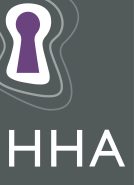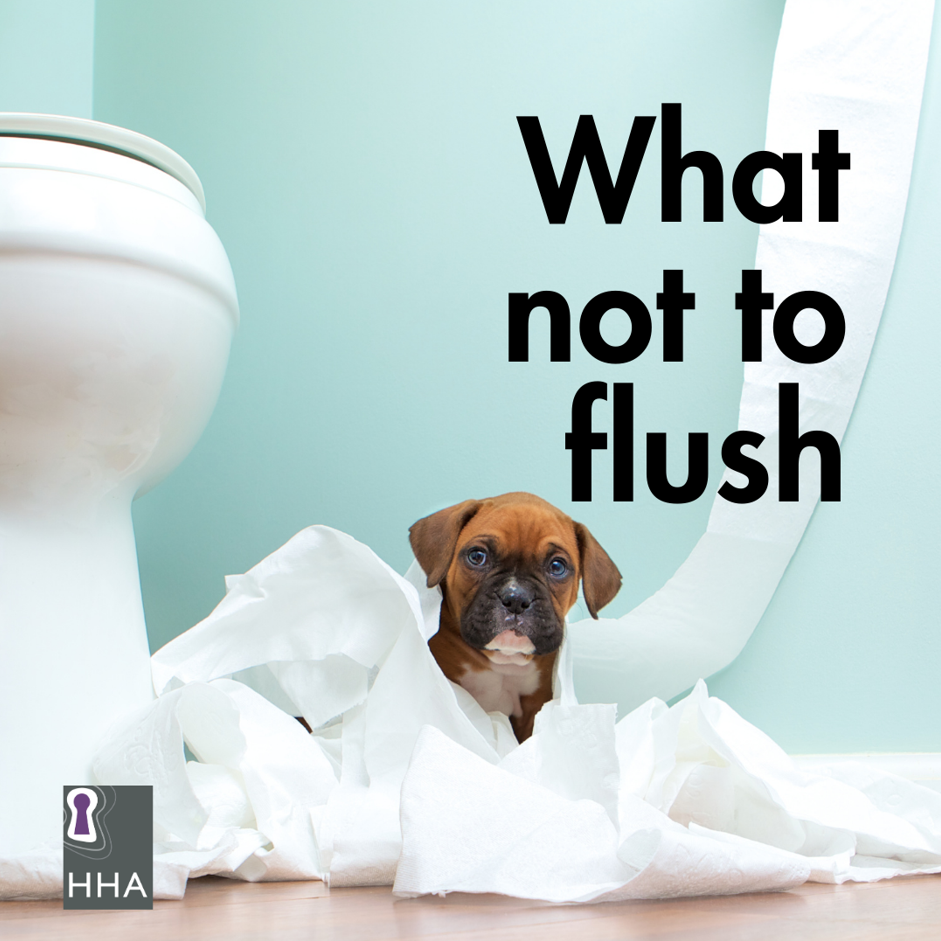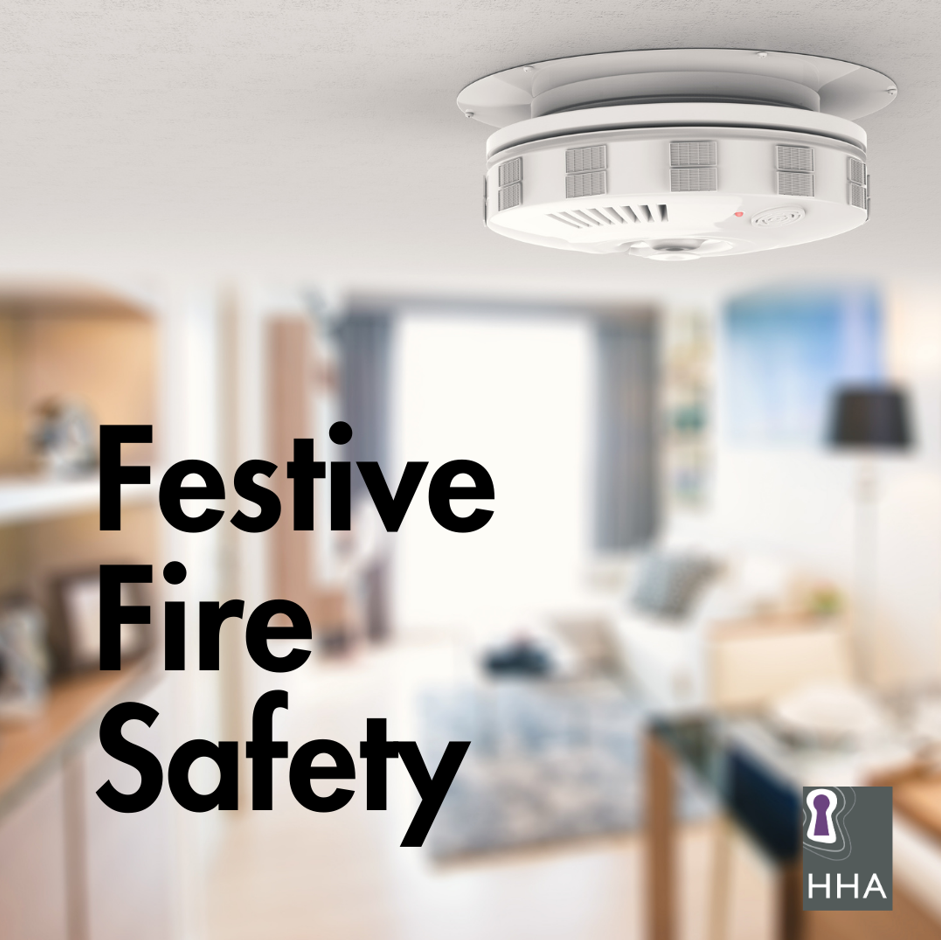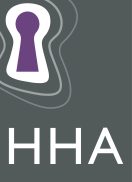Blog: Spring into the garden

As the days get longer and the temperatures start to rise, now is the perfect time to give your garden and lawn some much-needed attention after the winter months. Whether you’re a keen gardener or just looking to keep your outdoor space neat and welcoming, here are some simple ways to prepare your garden for spring.
Tidy up and clear debris
Winter can leave your garden looking a little worse for wear, with fallen leaves, broken branches, and other debris scattered across your lawn and flowerbeds. Start by raking leaves, removing dead plants, and clearing any clutter to give your outdoor space a fresh start. This also helps prevent pests and diseases from taking hold.
Lawn care: a fresh start
Your lawn may look a little tired after the colder months, but a few simple steps can bring it back to life. Begin by raking away any dead grass and moss, then aerate the soil to improve drainage and encourage healthy root growth. If your lawn has bare patches, now is a great time to reseed. A light feed with a suitable lawn fertiliser will also help encourage strong, green growth.
Prune and trim
Pruning is essential to keep shrubs and trees healthy and looking their best. Cut back any dead or damaged branches and shape hedges for a tidy appearance. Early spring is also the right time to prune roses and certain perennials, encouraging new growth and better flowering in the months ahead.
Refresh your flowerbeds
If you have flowerbeds or pots, give them a little boost by turning over the soil and adding compost or fertiliser. This replenishes nutrients and improves soil structure, helping plants to thrive. Spring is a great time to plant hardy perennials, herbs, and early flowering bulbs like daffodils and tulips if you didn’t plant them in autumn.
Plan for colour and interest
Consider adding some spring-flowering plants to brighten up your garden. Primroses, pansies, and crocuses bring an instant pop of colour, while evergreen shrubs provide year-round interest. If space is limited, hanging baskets and window boxes can be a great way to add greenery.
Think about wildlife
Encouraging birds and bees into your garden not only helps the environment but can also make your outdoor space more enjoyable. Bird feeders, bee-friendly plants, and a small water source like a shallow dish can attract beneficial wildlife.
By taking a little time now to prepare your garden, you can enjoy a beautiful and welcoming outdoor space throughout the warmer months. Whether you have a large garden or just a small patch of green, these simple steps will help make the most of your home’s outdoor space this spring.



